Differences between rodents show limitations of models
The same autism-linked mutation can lead to dramatically different behaviors in rats and mice.
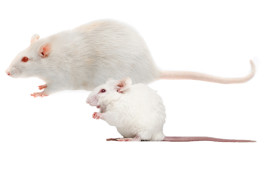
The same autism-linked mutation can lead to dramatically different behaviors in rats and mice.

A blood pressure drug called bumetanide may shield the brain from the effects of severe seizures early in life.
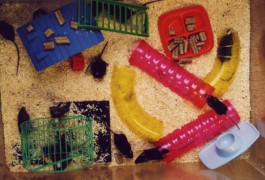
Rats exposed in utero to the epilepsy drug valproic acid, a risk factor for autism, do not develop autism-like behaviors if they are reared in a stimulating environment. Researchers presented the unpublished findings yesterday at the 2014 Society for Neuroscience annual meeting in Washington, D.C.
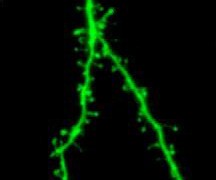
The SHANK family of proteins, some of which are strong autism candidates, work together to facilitate brain signaling, according to unpublished results presented yesterday at the 2014 Society for Neuroscience annual meeting in Washington, D.C.
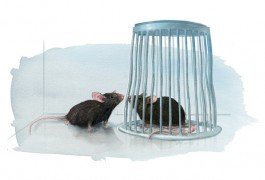
As the number of autism rodent models climbs, it is a good time for the field to step back and consider the best practices for assessing autism-like symptoms in rodents, says Jacqueline Crawley.
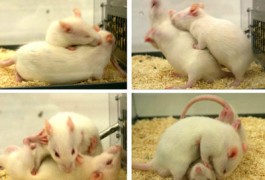
Two new rat models of autism don’t roughhouse like normal rats do, and show some compulsive behaviors, according to a study published in April in Behavioral Neuroscience. The models underscore the advantage rats have over mice in modeling complex social behaviors.

When navigating a maze, rats move toward happy rodent sounds and away from those signaling alarm, according to a review published 4 February in the Journal of Neuroscience Methods. The method could be used to assay social behavior in rodent models of autism.
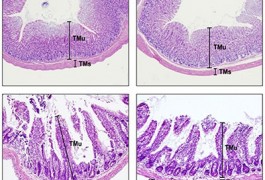
In utero exposure to the epilepsy drug valproic acid, which ups the risk of autism, may alter the composition of gut bacteria in rodents, according a study published 11 December in Brain Behavior and Immunity.
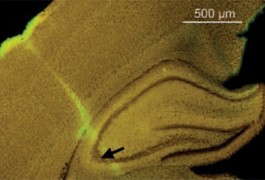
The blood pressure drug bumetanide normalizes a deficit in brain activity in two rodent models of autism, according to a study published last week in Science. The study hints at a mechanism underlying the drug’s benefits for people with autism.

The ‘intense world theory’ of autism, which has attracted much interest from the popular press, has received very little academic scrutiny. Uta Frith and Anna Remington ask: Is it as positive as it purports to be, and what does it mean for autism?